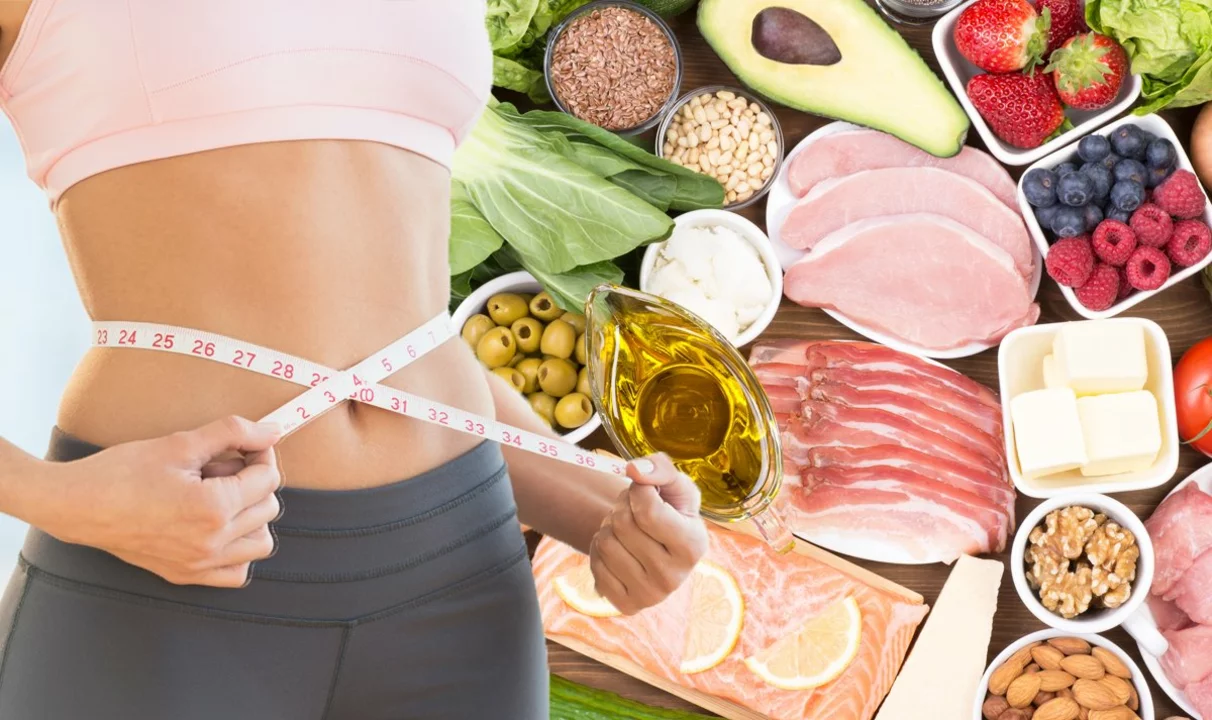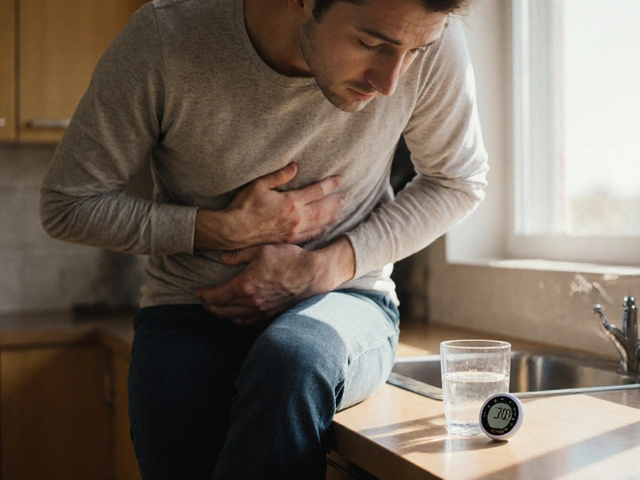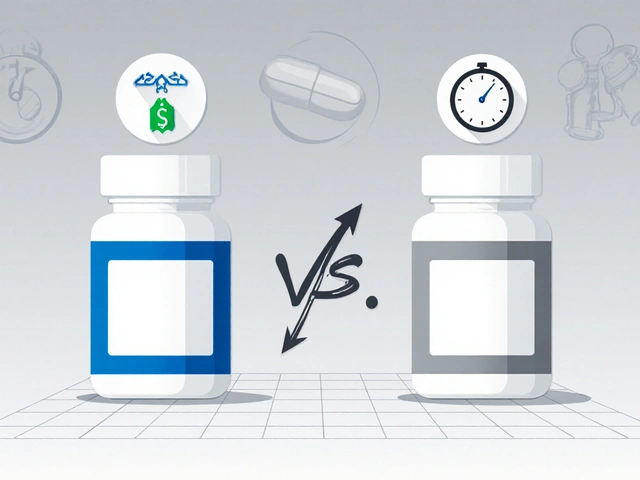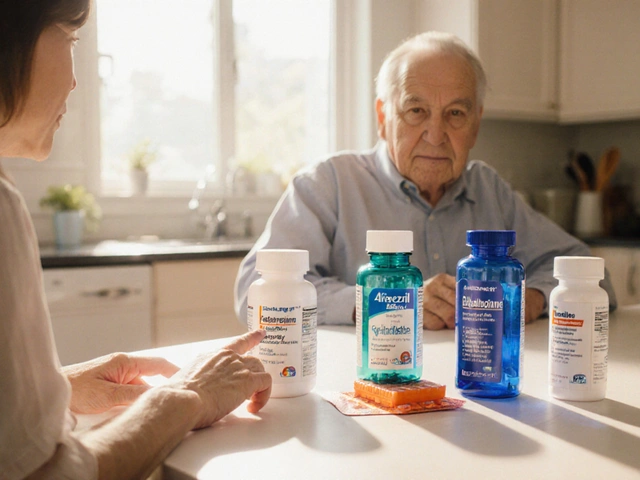Diet and Medicines: What You Need to Know
Food and supplements change how drugs work. Some meals make medicines stronger, some make them weaker, and others can cause dangerous side effects. Knowing a few common food–drug issues helps you avoid surprises and stay safe.
First, watch grapefruit. Grapefruit juice blocks enzymes that break down many drugs. That can raise blood levels of statins, some blood-pressure meds, and certain anti-anxiety drugs. If your doctor tells you to avoid grapefruit, take it seriously—don’t swap to grapefruit juice just because you like the taste.
Vitamin K and warfarin is a classic example. Leafy greens like spinach and kale are full of vitamin K and can cut warfarin’s effect. You don’t have to quit greens; just keep your intake steady and tell your clinic if your diet changes. Doctors adjust doses based on your usual eating pattern.
Calcium, iron, and antacids can block absorption of several pills, especially thyroid meds and some antibiotics (like doxycycline). Take those medicines at least two hours apart from dairy, calcium supplements, or iron tablets to make sure the drug gets into your body.
Tyramine-rich foods—aged cheeses, cured meats, and fermented products—are risky with MAO inhibitors. That combo can spike your blood pressure. If you’re prescribed an MAOI, your healthcare team should give a food list. Stick to it.
Practical meal tips
Keep medicine timing consistent. Take pills at the same time relative to meals every day—either with food or on an empty stomach—so levels stay steady. Use a pill box or phone alarms if you forget.
Read supplement labels carefully. Herbal products like St. John’s wort change how the liver processes drugs and can reduce birth control or antidepressant levels. Don’t assume “natural” means safe—tell your pharmacist about every herb and vitamin you take.
Diet, weight, and drug effects
Some medications affect appetite and weight. Steroids and some antipsychotics can increase appetite, while GLP-1 drugs used for diabetes often reduce appetite and help weight loss. If a medication changes your weight, ask your clinician for diet tips and monitoring plans.
Also remember hydration and salt. Too much salt can blunt blood-pressure meds; too little fluid can make kidney-related drugs harmful. When starting a new med, ask about specific limits on salt, caffeine, or alcohol.
If you have special diets—vegan, low-carb, or a cancer diet—tell your prescriber. Nutrient gaps or sudden diet changes can alter drug response. When in doubt, check with your pharmacist or doctor. A quick call can prevent a lot of problems.
Alcohol interferes with many meds. Don’t mix metronidazole with alcohol—it can cause nausea and flushing. Drinking while on sedatives or opioids raises overdose risk. If your liver enzymes are high, your doctor may change drug doses. Ask about safe alcohol limits for your prescriptions.
Keep an updated list of everything you take—prescription drugs, over-the-counter pills, vitamins, and herbs. Share it at every visit. Lab checks like INR for warfarin or potassium with diuretics catch problems early. Small steps like this cut down on bad interactions. Talk to your pharmacist anytime. It helps.

Dusty Miller: The Secret Ingredient Your Diet Needs for Optimal Health
I recently discovered an amazing secret ingredient that your diet needs for optimal health - Dusty Miller! This unique plant not only adds a touch of beauty to your garden, but also packs a powerful punch of health benefits. It's rich in vitamins, minerals, and antioxidants, which help to boost our immune system and overall wellbeing. Plus, it's incredibly versatile, making it easy to incorporate into your daily meals. I can't wait to share more about this fantastic plant and how you can start using it to improve your health.
View MoreThe role of diet and hydration in managing bladder and urinary incontinence symptoms
As a blogger, I've recently discovered the crucial role that diet and hydration play in managing bladder and urinary incontinence symptoms. By consuming the right types of food and maintaining proper hydration levels, one can effectively alleviate or even prevent these uncomfortable symptoms. It's essential to avoid bladder irritants like caffeine, alcohol, and spicy foods while incorporating fiber-rich foods to promote regular bowel movements. Staying well-hydrated is also vital, as it prevents constipation, reduces bladder irritation, and ensures the smooth functioning of our urinary system. By making these simple dietary adjustments, we can significantly improve our quality of life and regain control over our bladders.
View More




